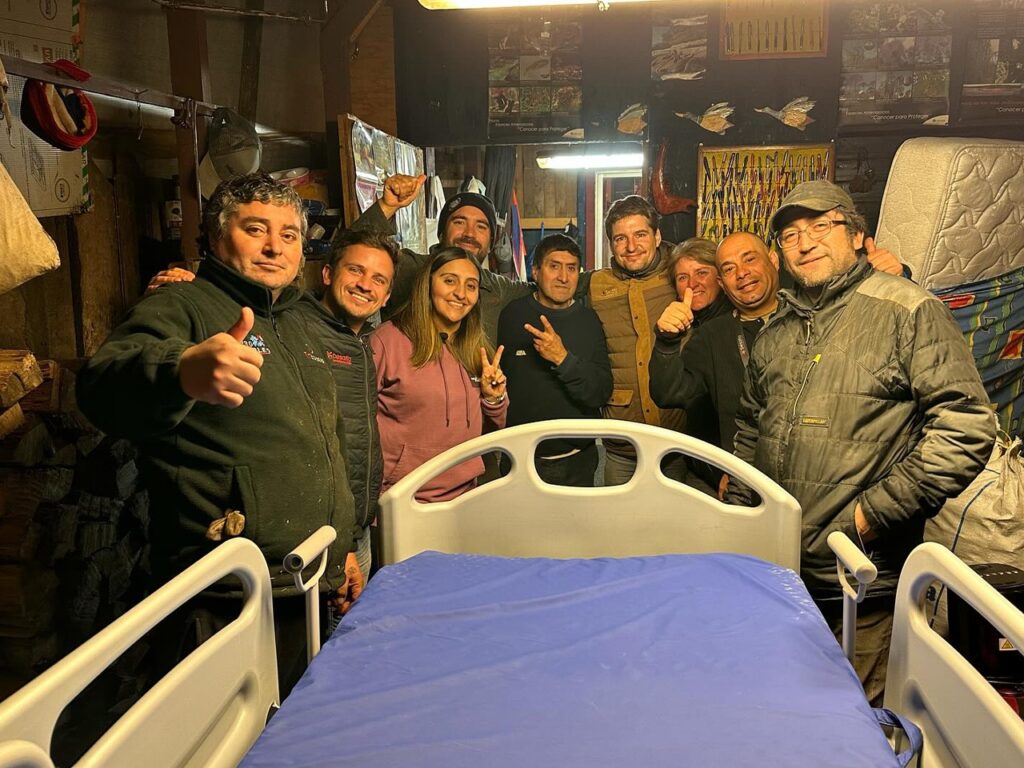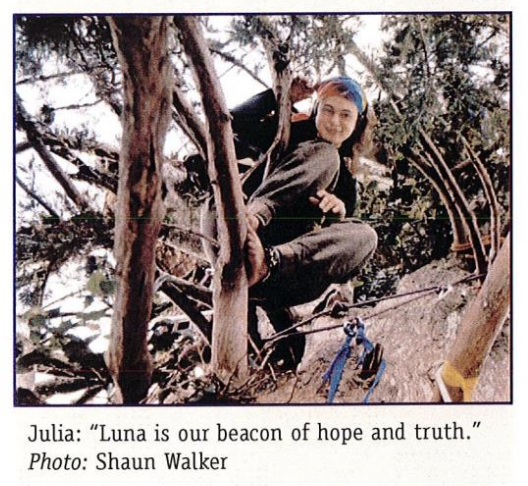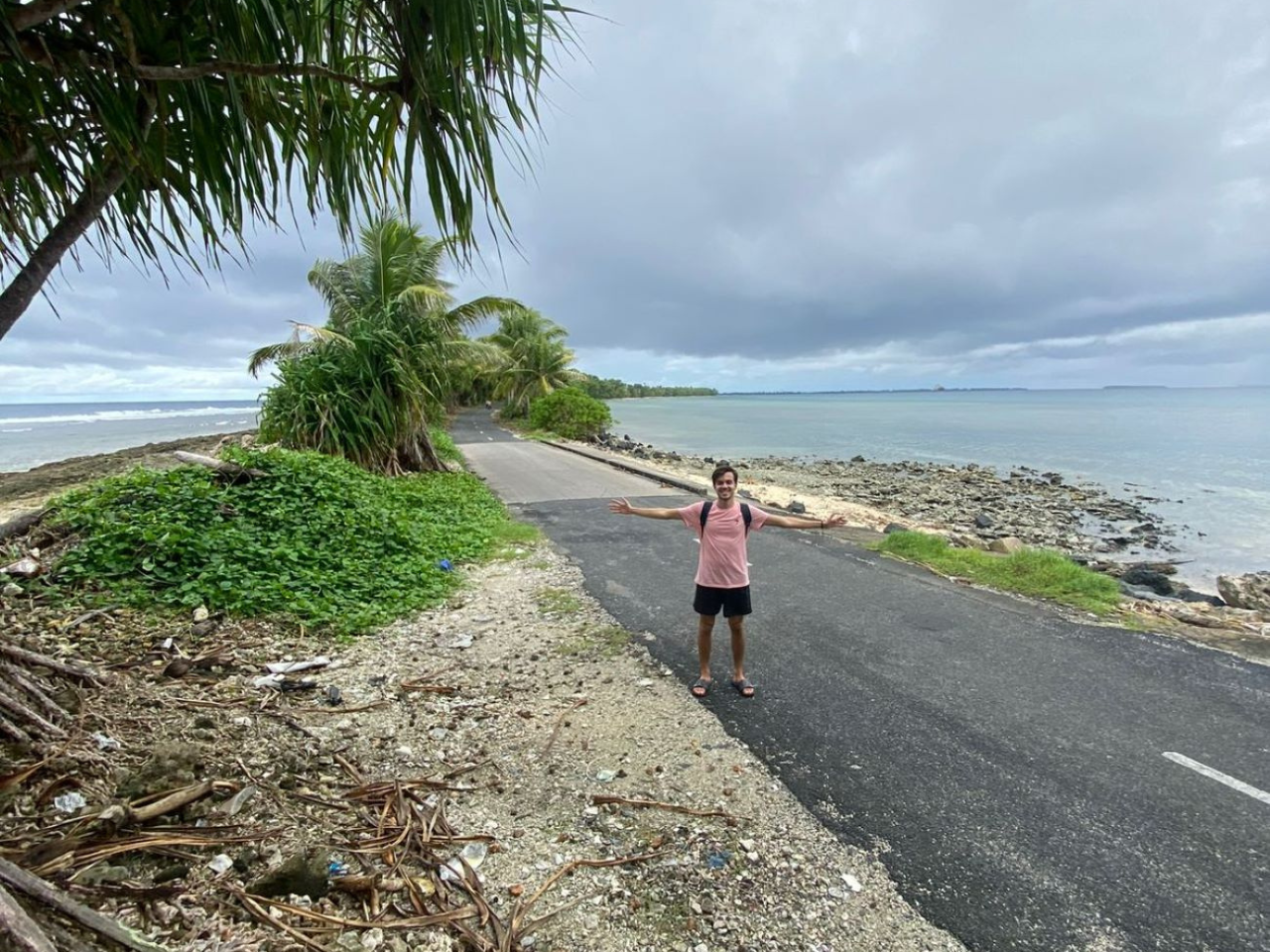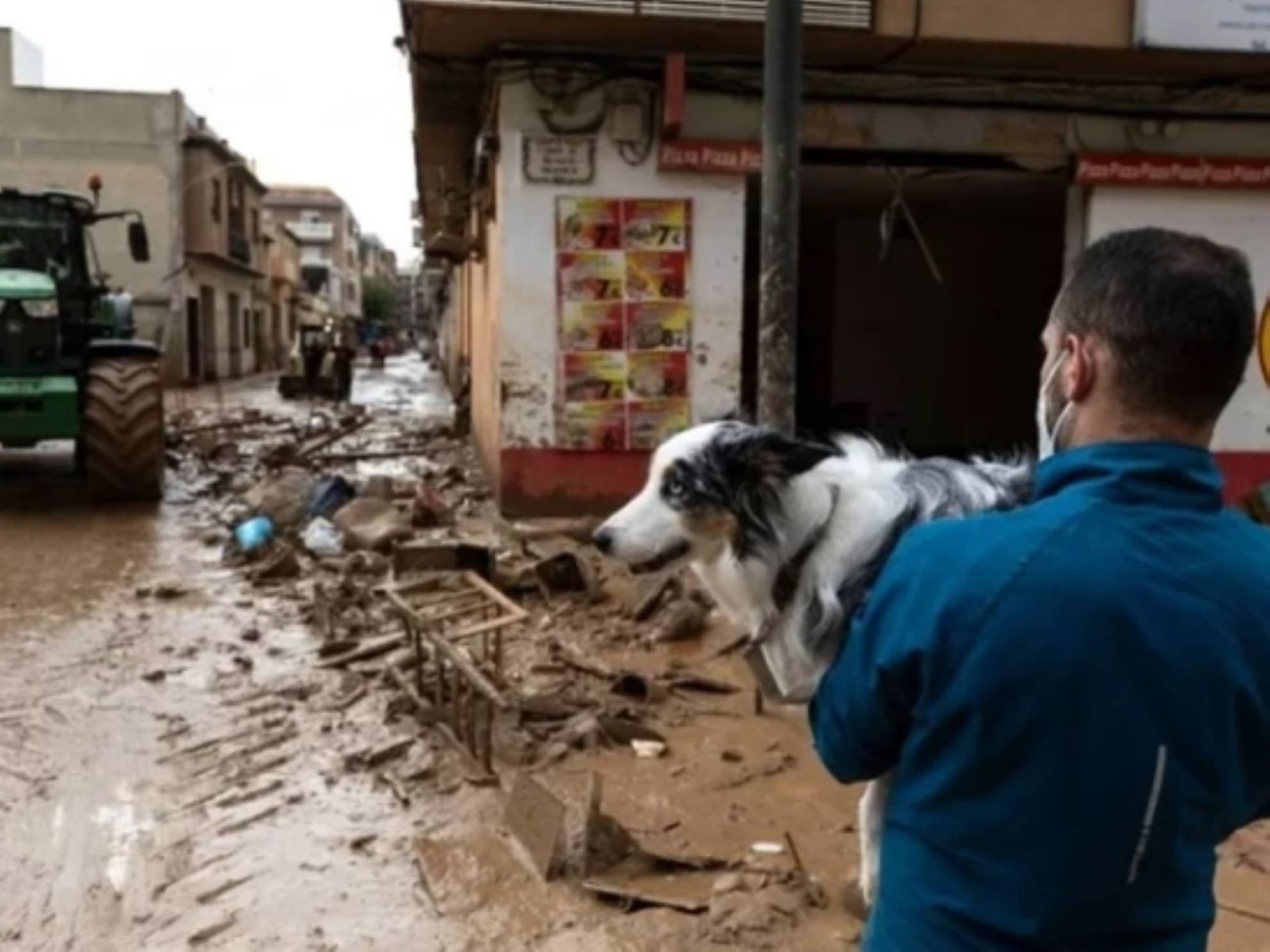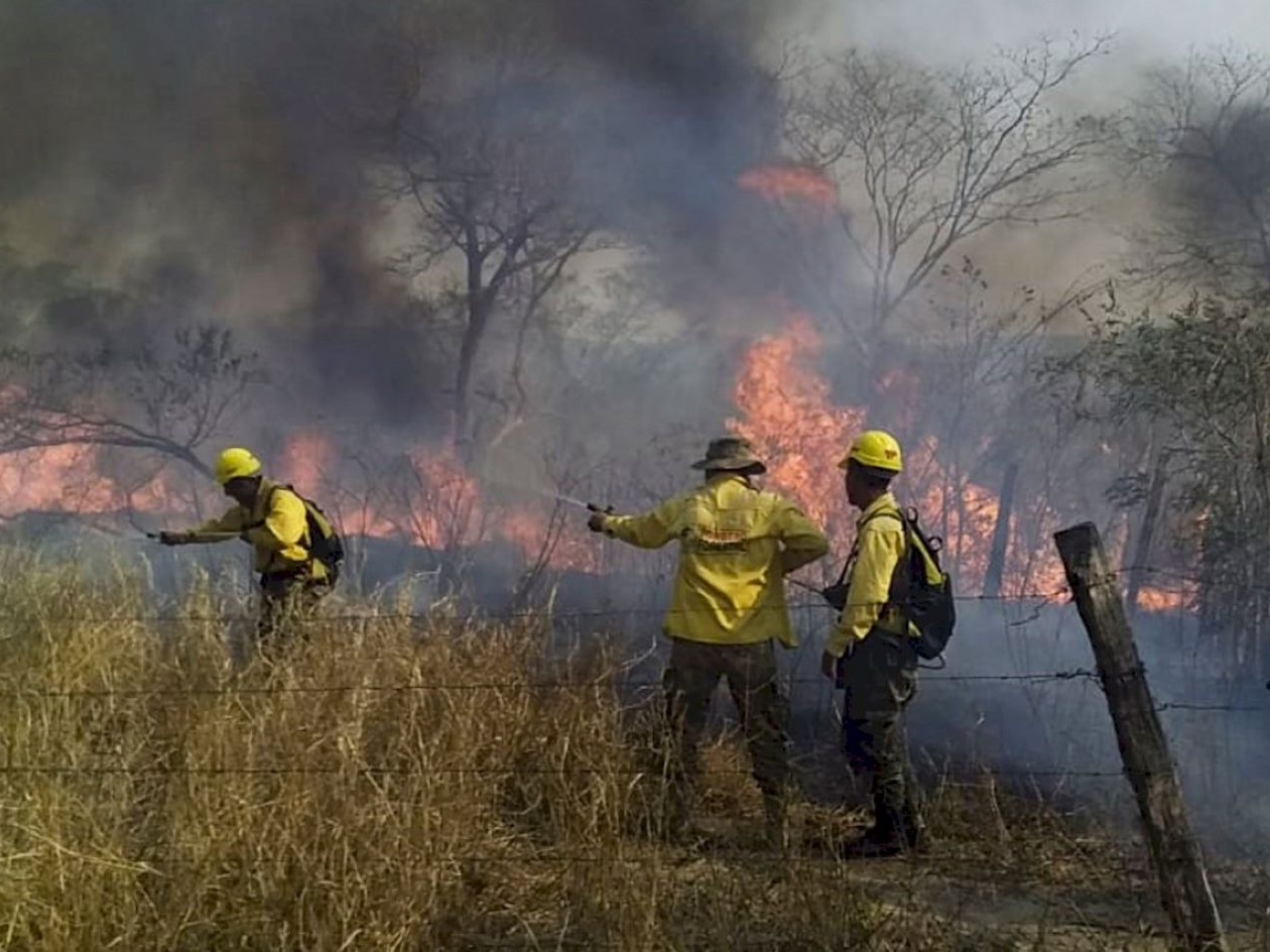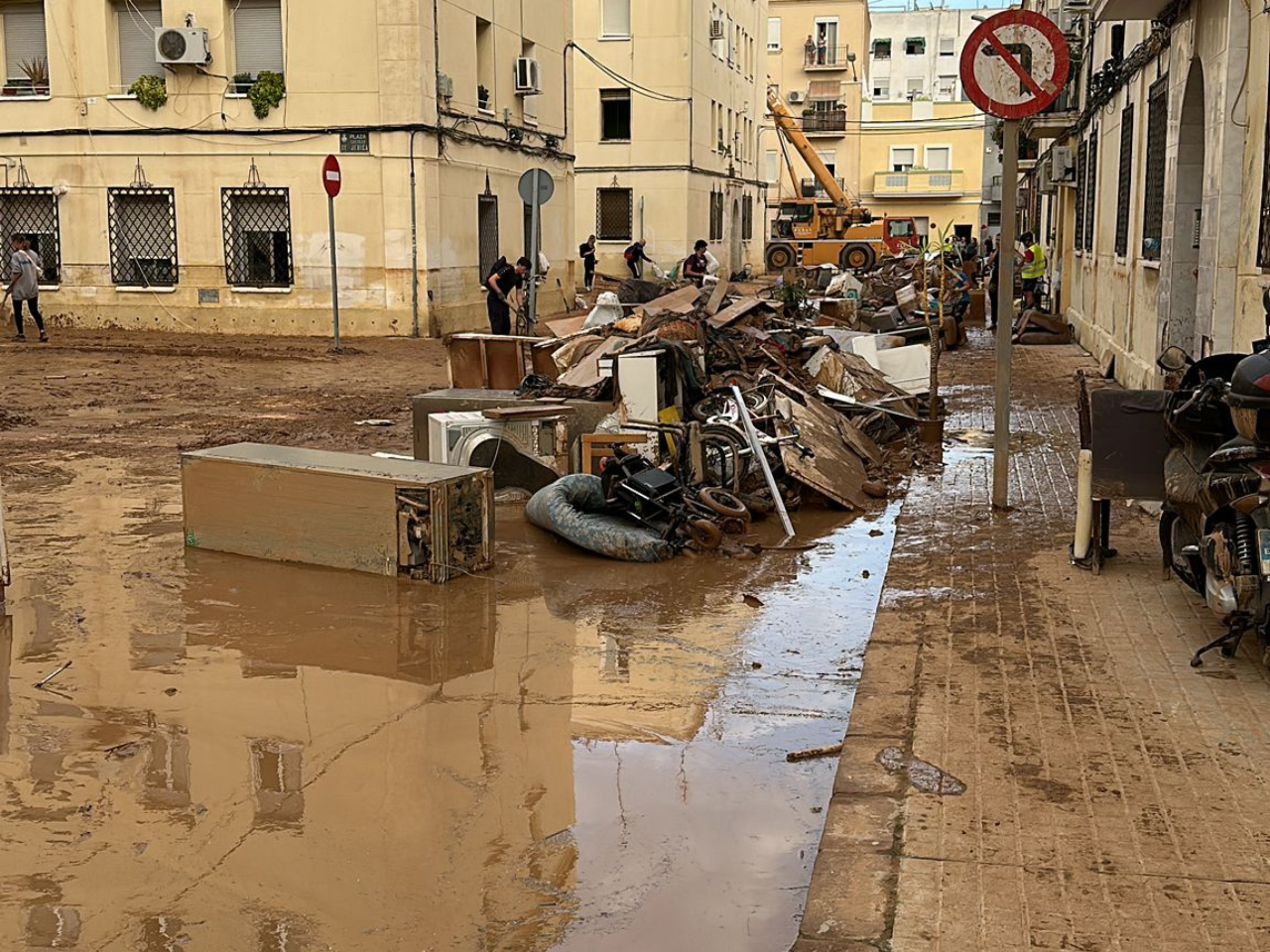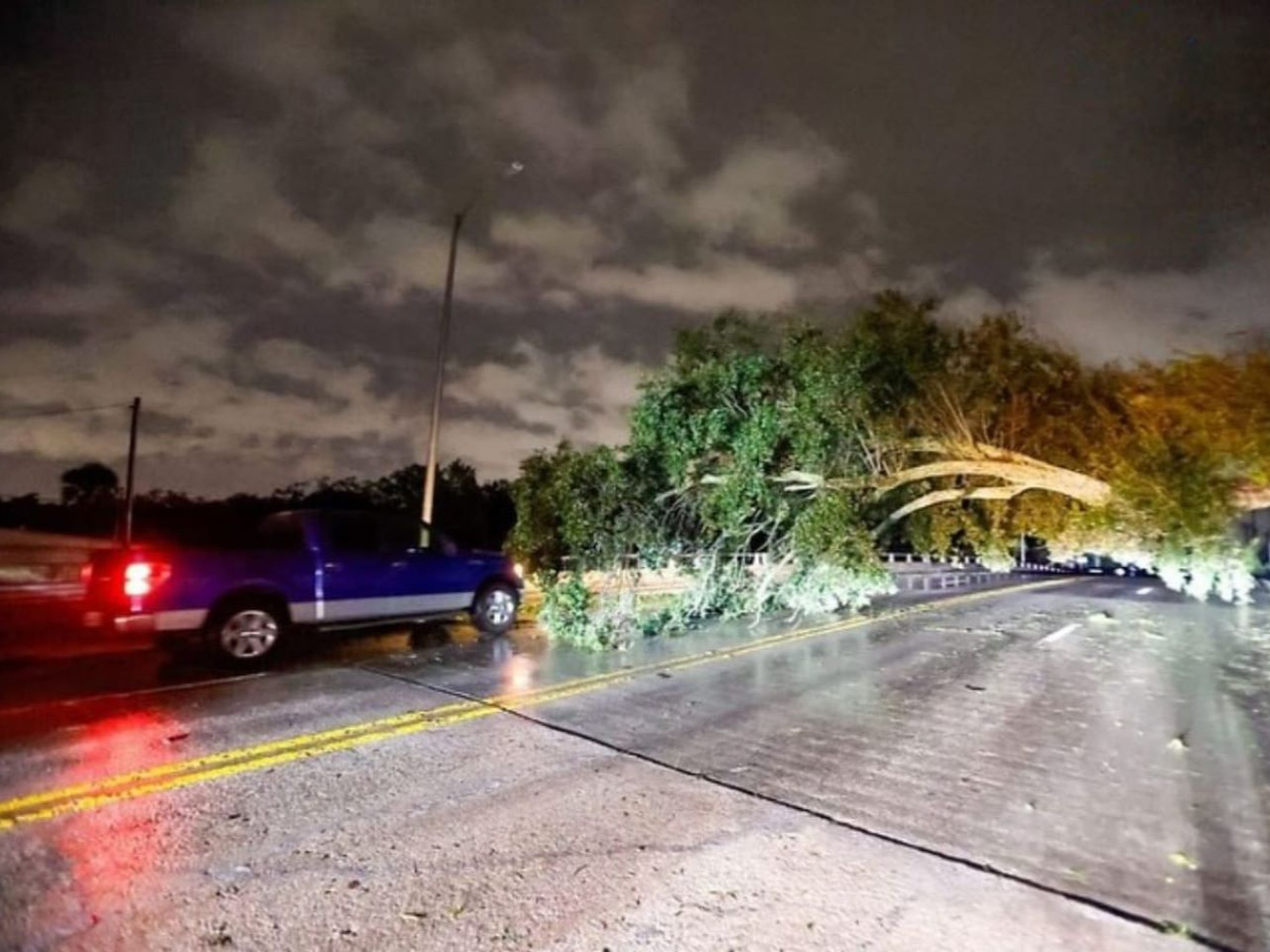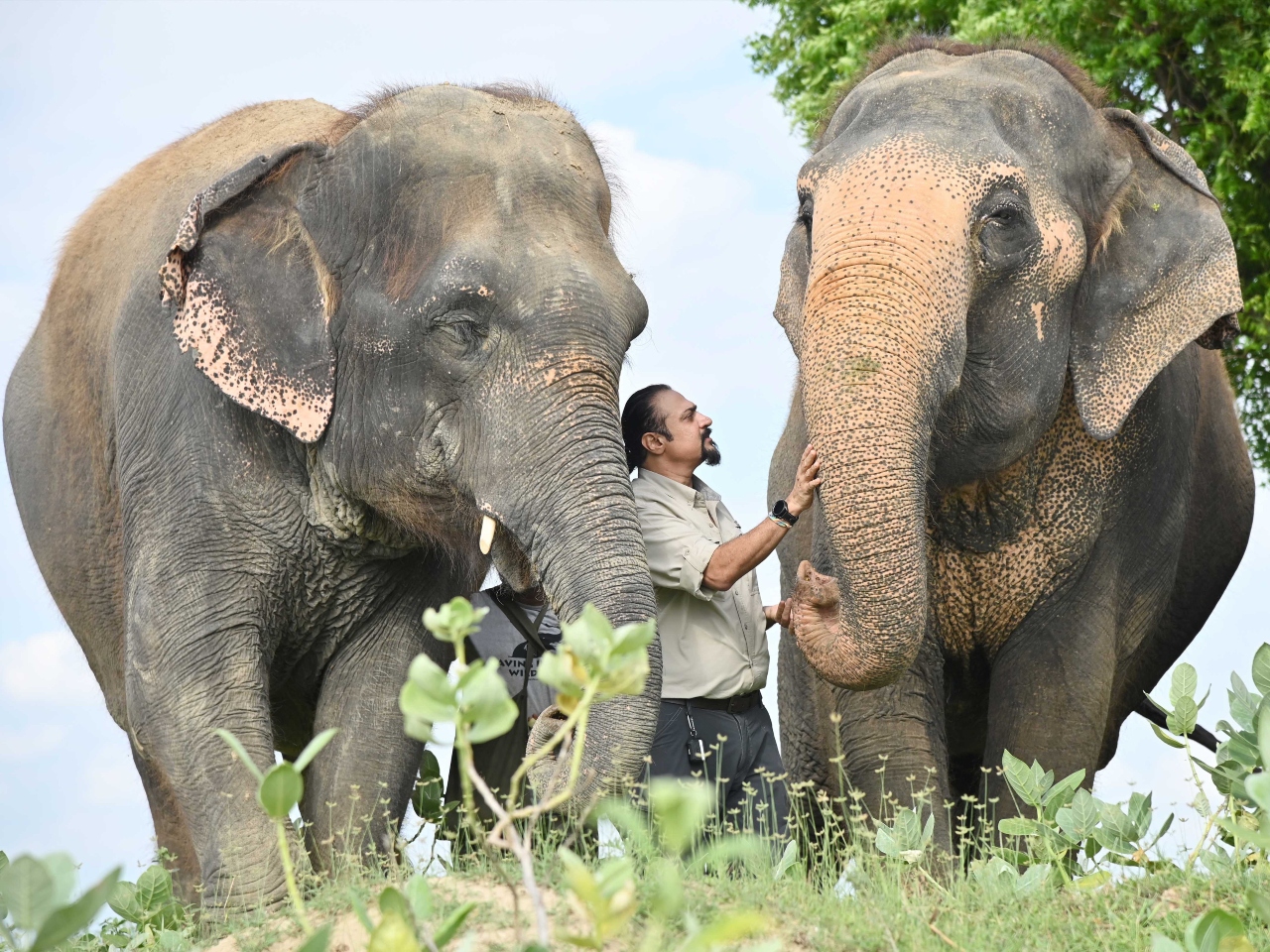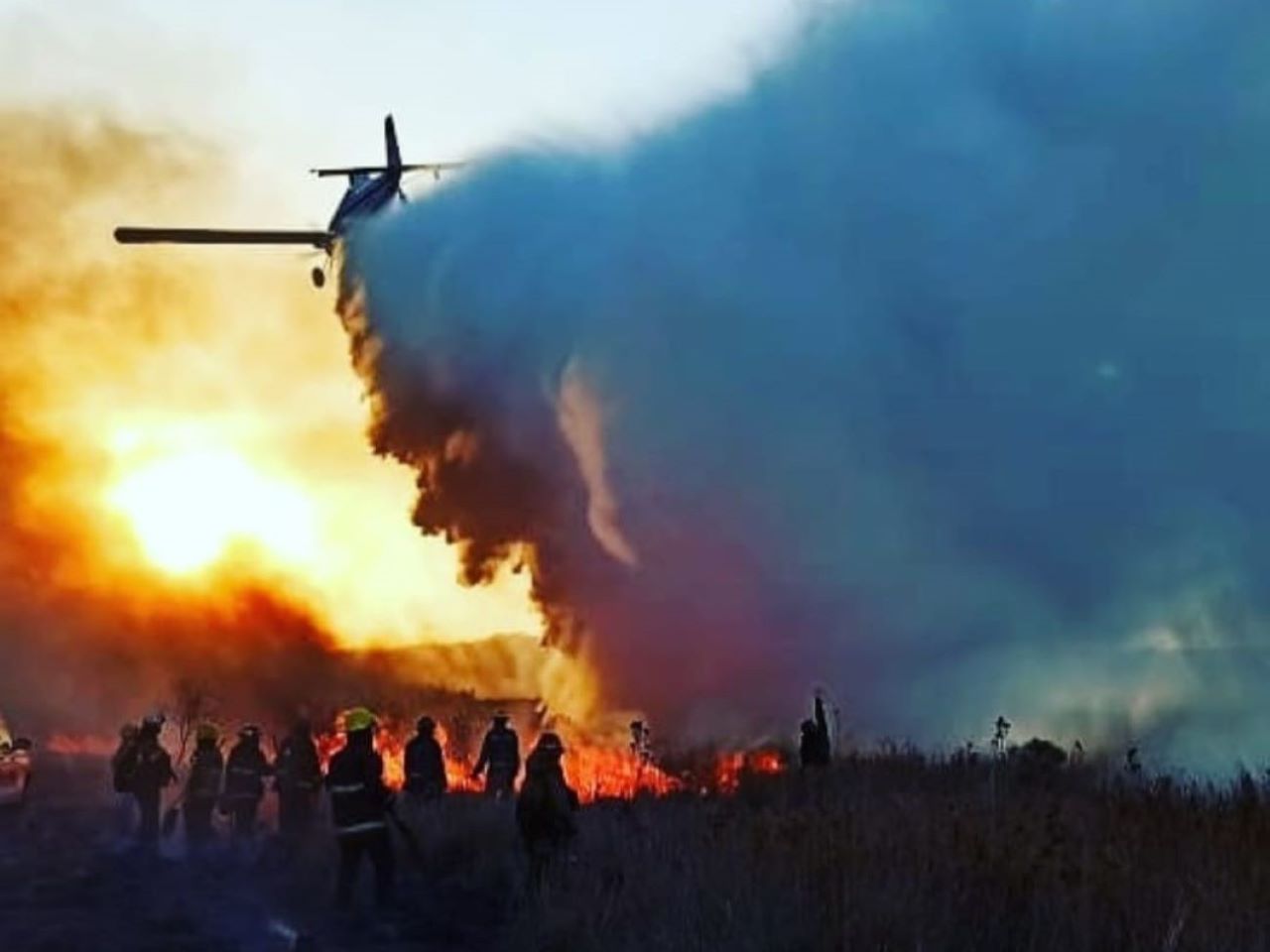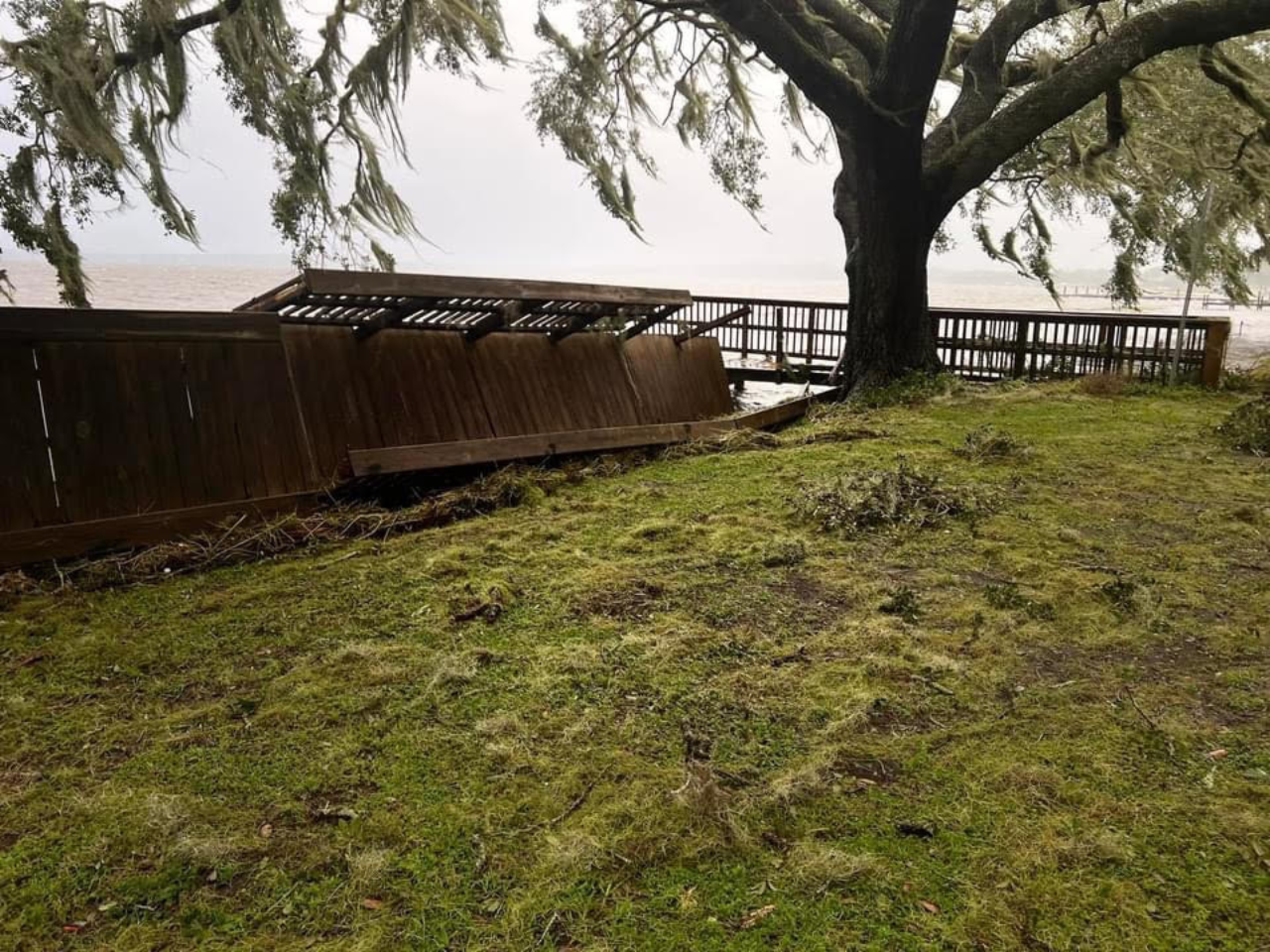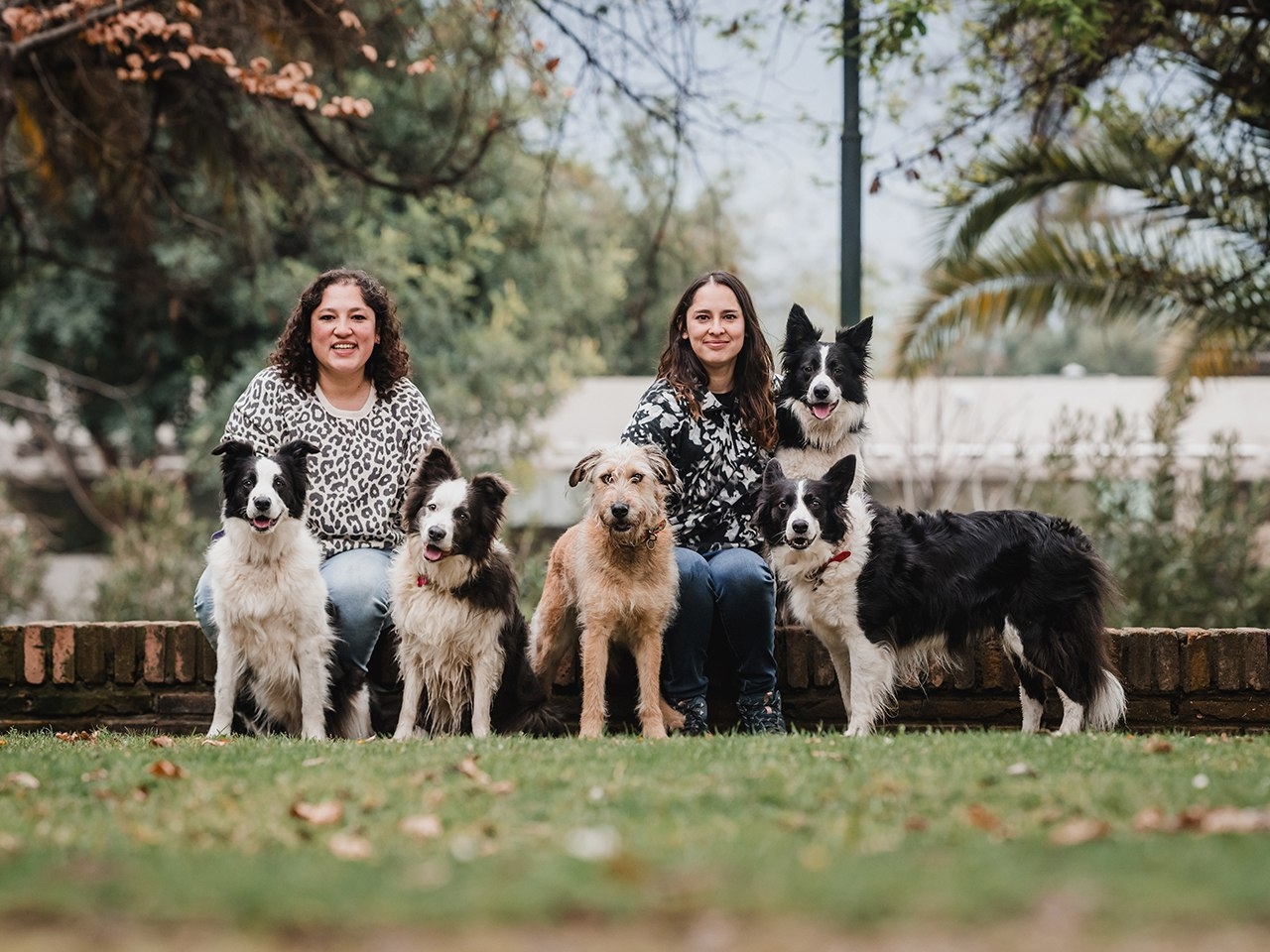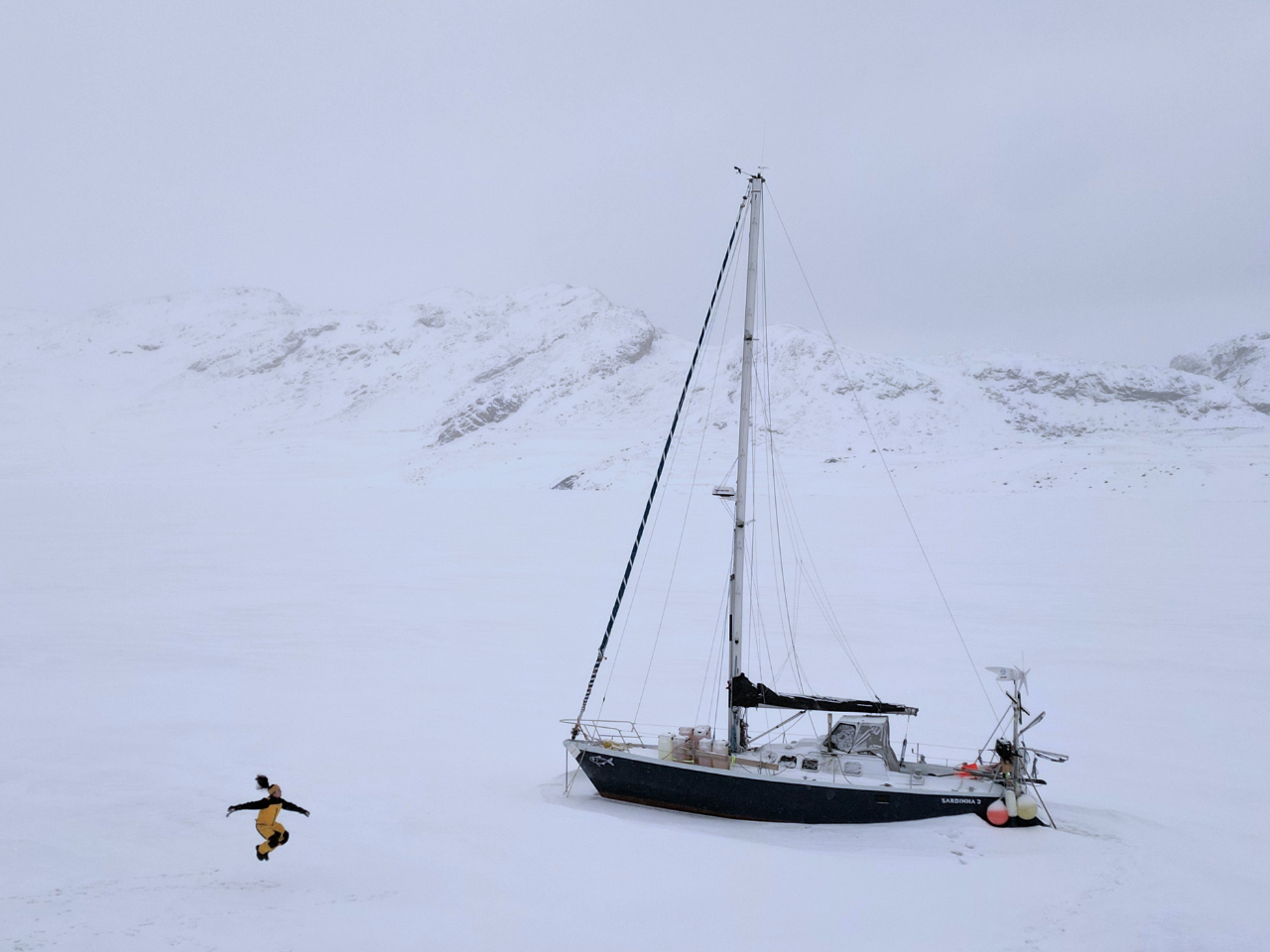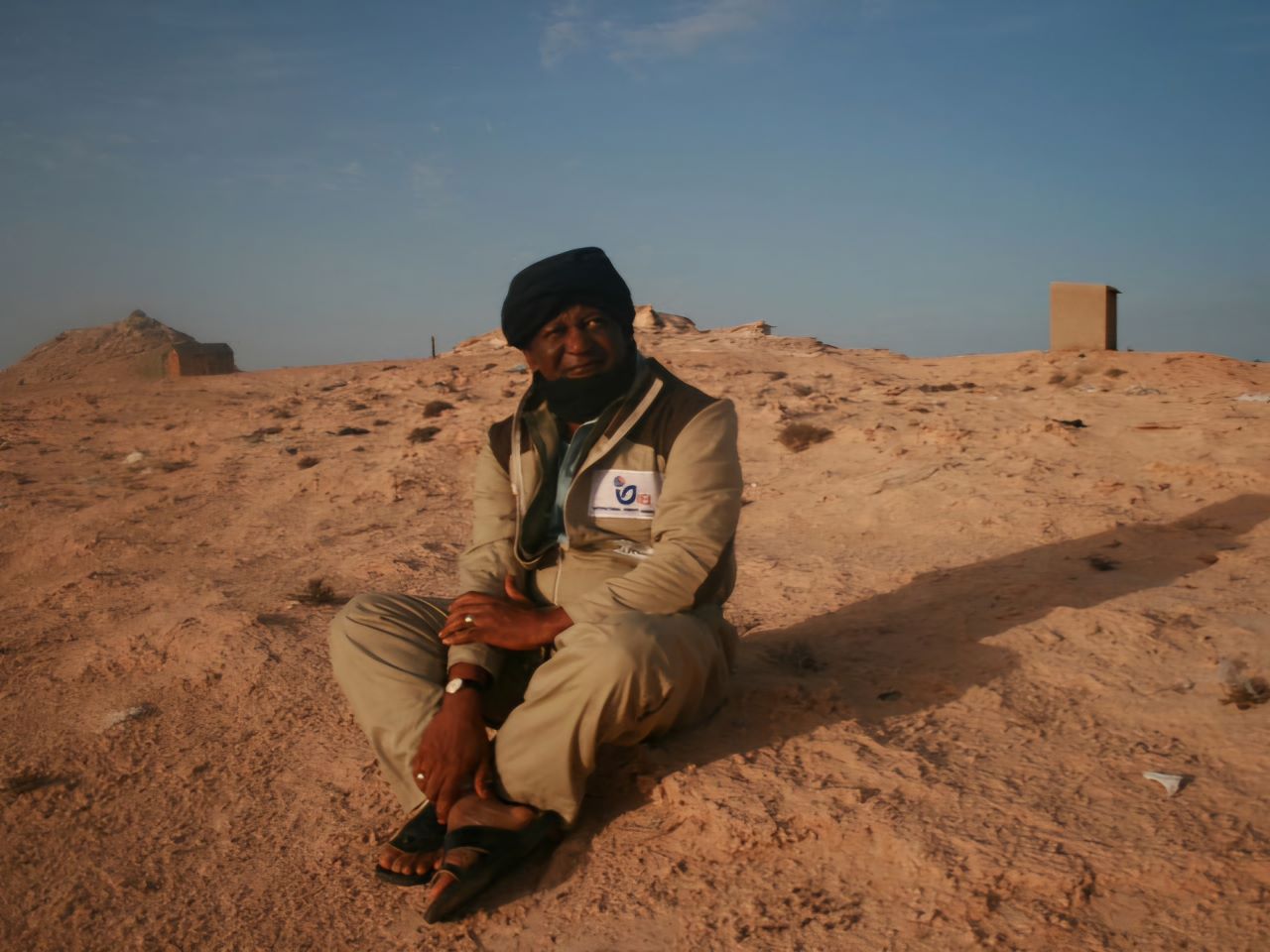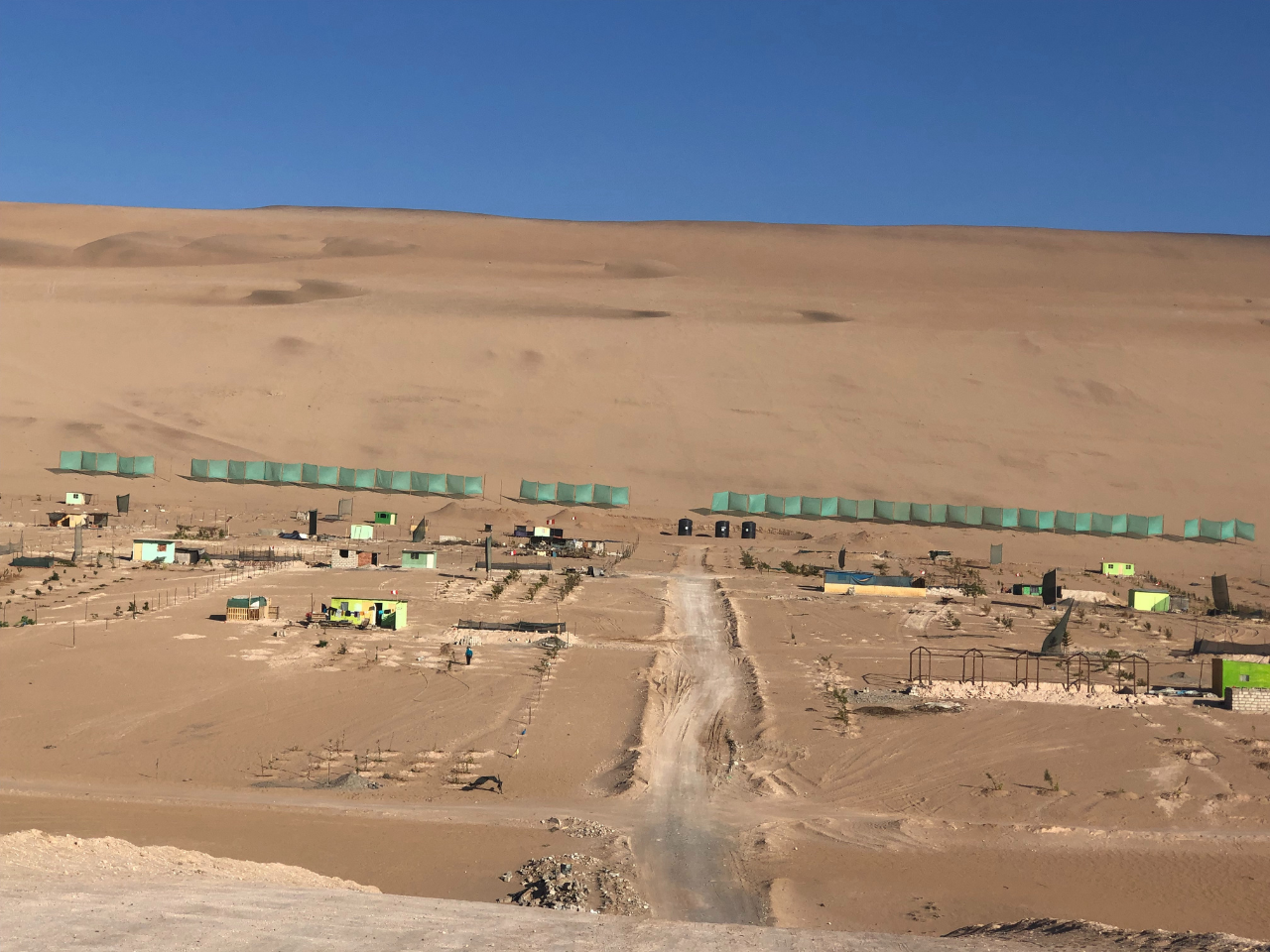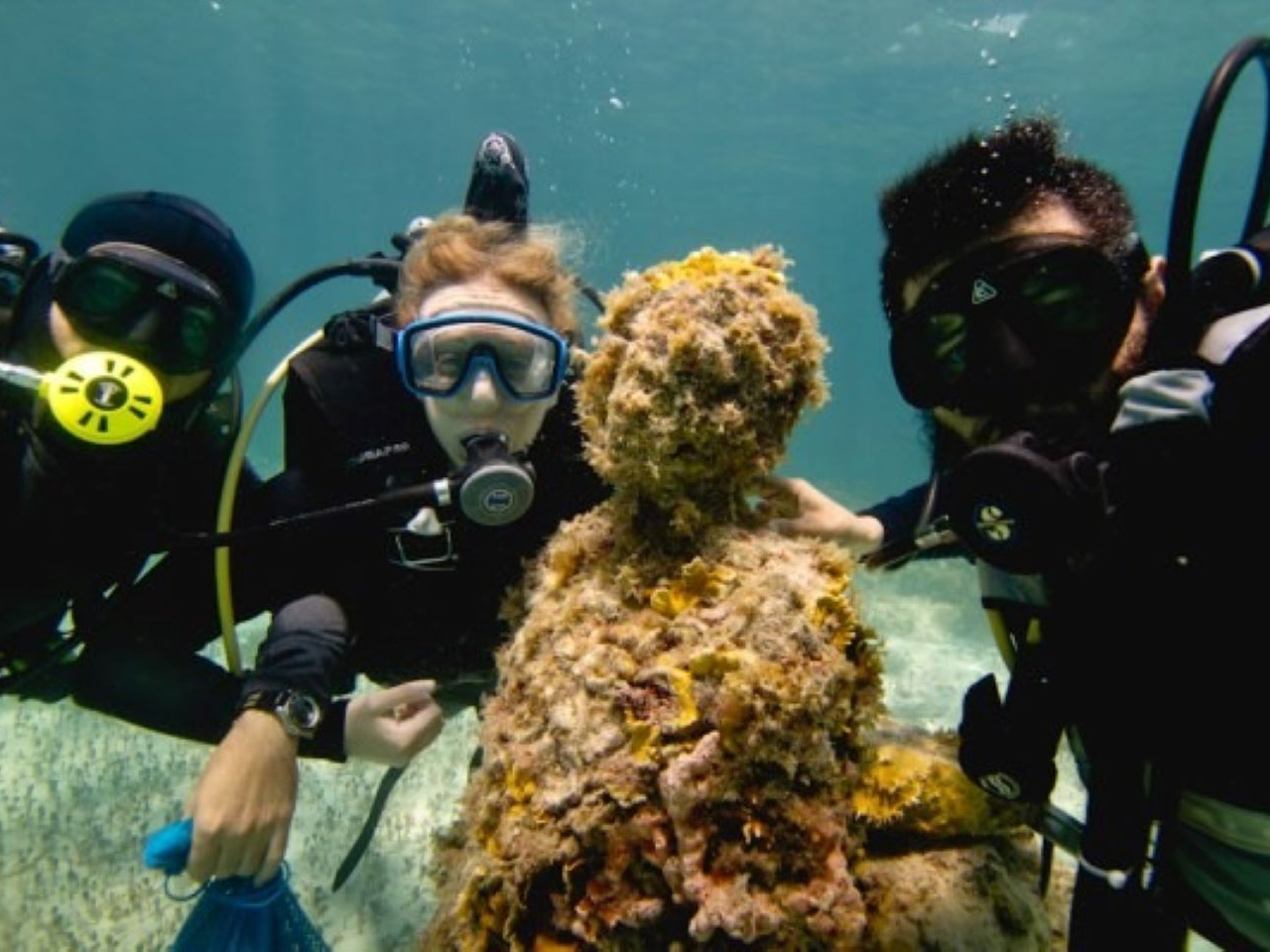Rapid aid efforts provide lifeline to southern flood victims in Chile
As we entered some houses to assess the situation, water surrounded us. It felt like wading into the middle of a vast lake. The walls barely held back the relentless tide. People valiantly fought, placing sandbags against the doors, but it seemed to be a losing battle. Even the tiniest cracks allowed water to seep in, filling their homes.
- 2 years ago
August 10, 2024
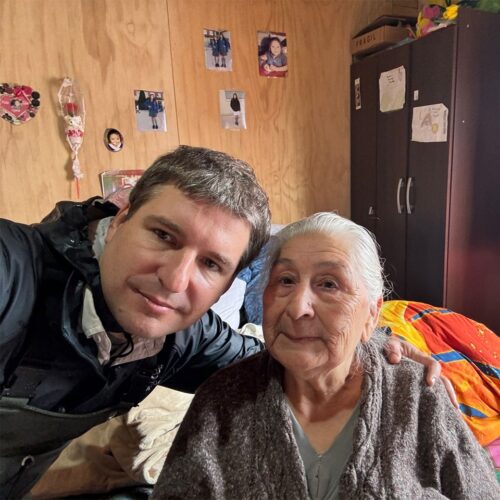
CURANILAHUE, Chile — When floods ravaged Chile, as the director of Desafío Levantemos, our volunteers unwaveringly pursued a mission to aid victims. As we flew to Concepción, one of the affected areas, intense turbulence rattled our descent. We successfully touched down in the commune in the Bío Bío region amidst fierce winds exceeding 100 kilometers per hour.
Upon reaching the flooded areas, we encountered a distressing sight. Water stood over a meter high inside homes. The structures remained intact, but their contents suffered devastating losses. Flooding destroyed beds, cherished photos, mementos, refrigerators, and other household items. Anguished residents watched their hard-earned possessions vanish within minutes.
Read more flood stories at Orato World Media.
Desafío Levantemos Chile raises $105,000 for essential flood relief in Curanilahue
Landing in Concepción while the storm persisted, we hastened to the affected areas. There, we encountered severe damage as the rain struck the ground with intensity, creating imminent danger. Despite being an emergency director, it seemed unlike anything I saw before. The roads turned treacherous, reducing visibility. Nevertheless, we sprang into action to rescue people from the floods.
In the field, we examined what the affected families needed. We ran a fundraising campaign and raised 100 million Pesos ($105,000 USD), allowing us to provide necessary aid. We collaborated with transport companies to activate a logistics operation and swiftly delivered water and cleaning kits.
To help families clean their homes, we supplied them with mud removal kits and cleaning supplies. Additionally, we introduced the Desafío Levantemos Chile card, allowing neighbors to purchase household goods and construction materials for home repairs. As a result, we delivered essentials to many affected people just a day after the flooding.
During our relief efforts, we prioritized the most urgent cases. In one urgent case, a woman’s medical bed became wet. Because she stayed in that bed often, it severely impacted her daily life and even her ability to eat. Within two days, we delivered her a new bed. Afterward, we tackled other urgent situations to prevent worsening conditions for those in need.
Fear of losing belongings keeps residents in flooded homes while organization delivers critical aid
Amidst the rescue mission, we encountered a complex cultural issue: people’s reluctance to leave their homes. This pattern, familiar from wildfires, left people clinging to their land, unwilling to abandon what little remained. Despite the health and safety risks, they chose to stay, in fear someone might steal what remained.
As we entered some houses to assess the situation, water surrounded us. It felt like wading into the middle of a vast lake. The walls barely held back the relentless tide. People valiantly fought, placing sandbags against the doors, but it seemed to be a losing battle. Even the tiniest cracks allowed water to seep in, filling their homes. Desperation filled the air as neighbors tried everything to protect their cherished spaces. Unfortunately, the sadness consumed them as they lost their safety, memories, and stability.
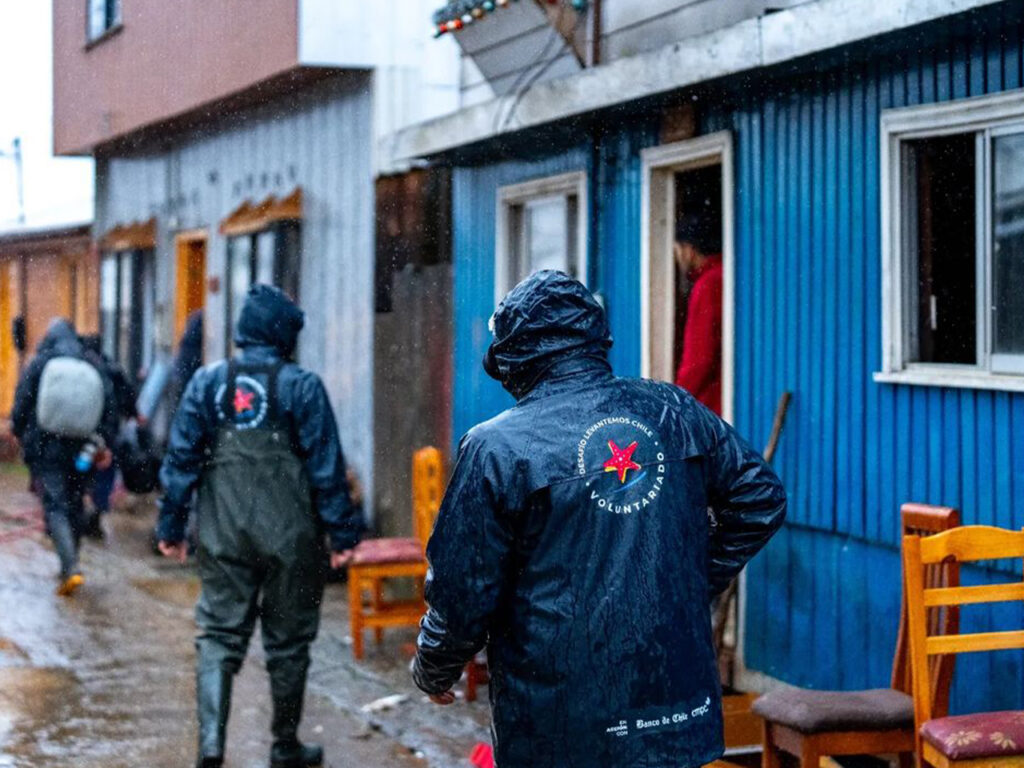
Although we lacked the authority to force an evacuation, we worked instead to make their situation more bearable. We began addressing the most urgent need: water. For several days, the city of Curanilahue lacked drinking water. First, water trucks arrived. Deliveries of firewood and charcoal for heating followed. The people relied on wood stoves, using firewood as their primary fuel source.
In the second stage, we distributed toilet kits and mattresses. Thanks to a generous donation from Rosen, we ensured that every affected family received a mattress, allowing them to sleep on dry beds. The reconstruction cards we handed out enabled them to purchase household goods, appliances, or construction materials for repairing their homes.
While distributing aid, we learned about one family’s specific needs through a regional channel. The next day, we showed up and surprised them. We delivered the cot, which cost over 2,000,000 Pesos ($2,100 USD), with a replacement, creating a heartwarming moment. In response, we received overwhelming gratitude from the people. We often responded more swiftly than the state or governmental aid.
Amidst disaster, Chilean resilience shines through unity and compassion
Amidst the disaster, something remarkable happened. Families played in the water, turning adversity into a water war. Laughter echoed through the submerged rooms as they desperately tried to keep tears at bay. This resilience, a testament to our Chilean spirit, showed how we found joy even in the face of disaster.
However, darker shadows loomed. The dampness inside the homes posed health risks, and the cold air clung to the people’s skin, threatening respiratory illnesses. The more vulnerable, older adults faced even greater danger. Mental health deteriorated as stress and depression seeped into people’s hearts. I vividly recall our neighbor, who tirelessly helped others during the rescue mission, collapsing from a heart attack on the fourth day. The strain proved too much.
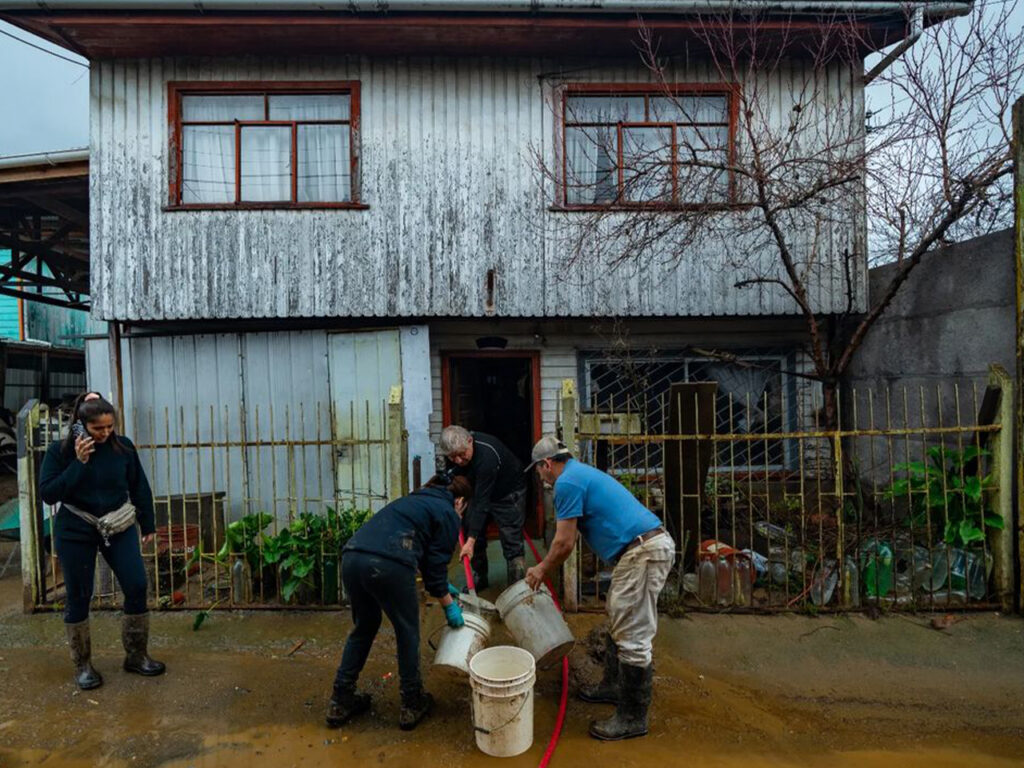
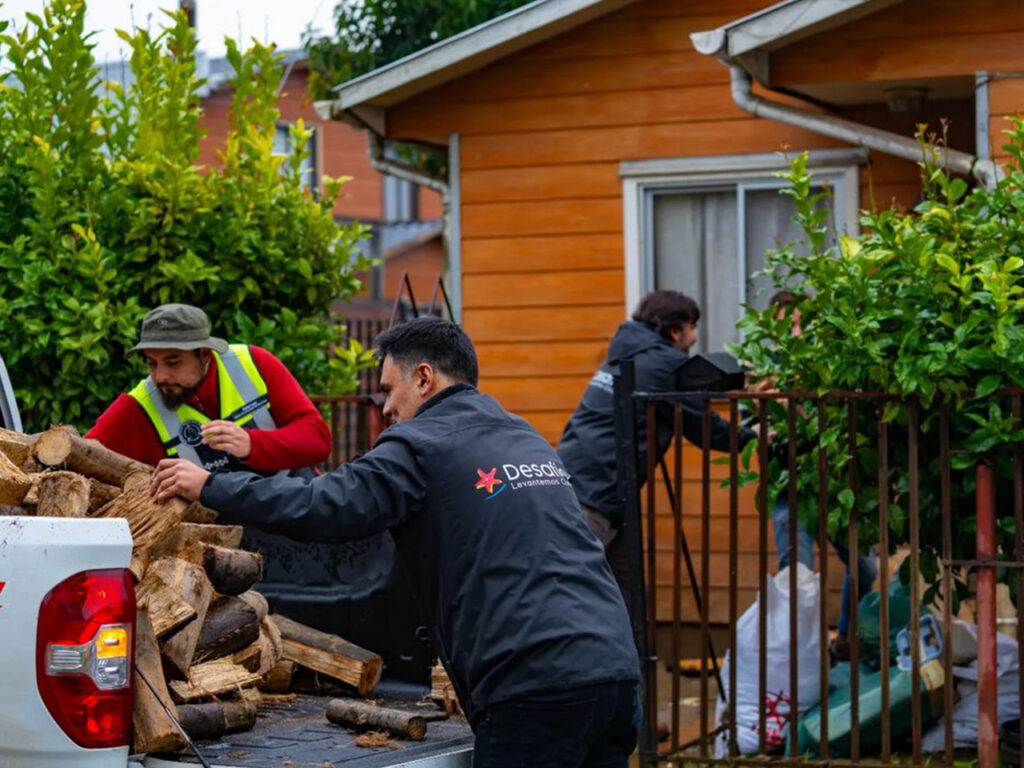
Throughout the rescue operations, I witnessed deeply concerning situations. Mothers caring for children with disabilities navigated complex daily lives. One mother cared for her 35-year-old, bedridden son. She handled all his needs alone, including feeding, bathing, and dressing. When the floods submerged their house, her challenges only grew.
Despite all of this heartache, Chileans displayed a beautiful aspect of our culture. They demonstrated a strong sense of unity – a truly unique solidarity. Even those with the least resources helped, offering coffee, sandwiches, and encouraging support. I found these acts of kindness truly heartwarming.
Effective flood response earns praise, plans for improvement
When the floodwaters reached waist-high levels, standard boots proved useless. Thankfully, our team had prepared well and wore fishing suits, allowing us to access all affected areas. Many neighbors used similar gear, although it was in short supply. Despite being thoroughly equipped, we still ended up soaked.
I know firsthand the complexities of being part of the emergency response team. Our well-trained team, with 14 years of experience, supports each other through anguish, grief, and exhaustion. We stay resilient and strong to provide the necessary aid in times of disaster.
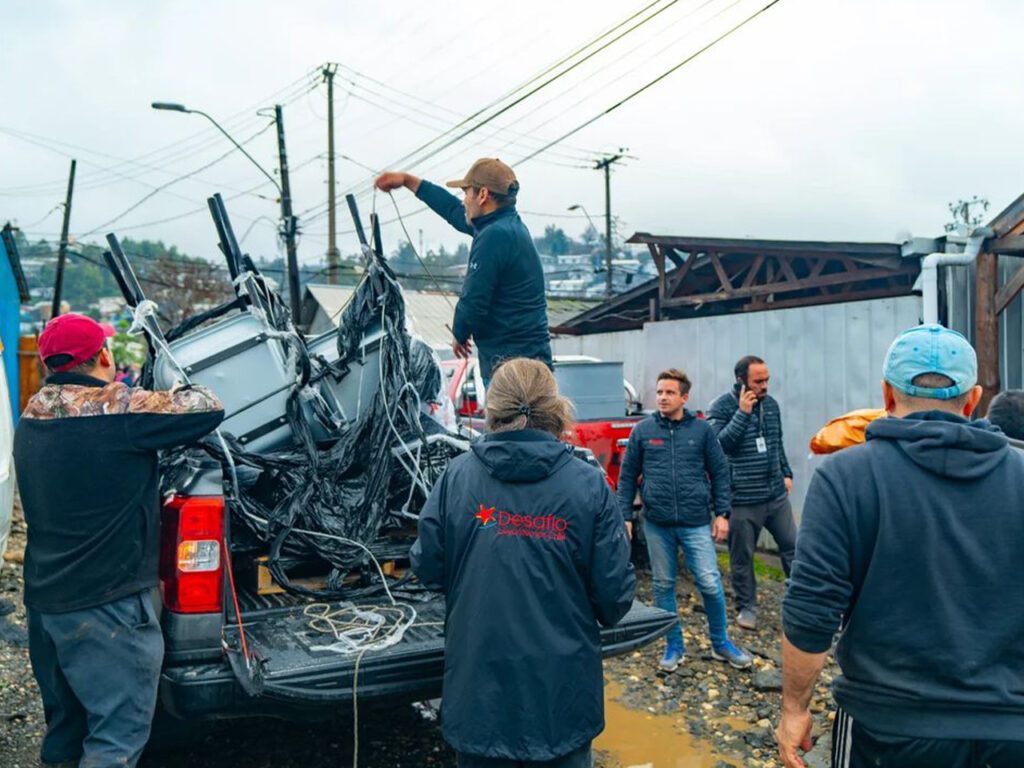
We worked closely with the local municipality and the Armed Forces during our emergency response efforts. The Navy distributed aid effectively due to their extensive troop deployment. With their assistance, along with the support from the municipality, we effectively carried out the relief work.
Assisting swiftly in this harrowing situation, led to an extremely positive response from the people. We saw gratitude and happiness reflecting back at us. Having quickly arrived with necessary supplies, we fulfilled the mission of Desafío Levantemos Chile. Today, we hope for better territorial planning in areas like Curanilahue, as these neighbors remain in a risk zone. We must take measures to ensure this does not happen again.

